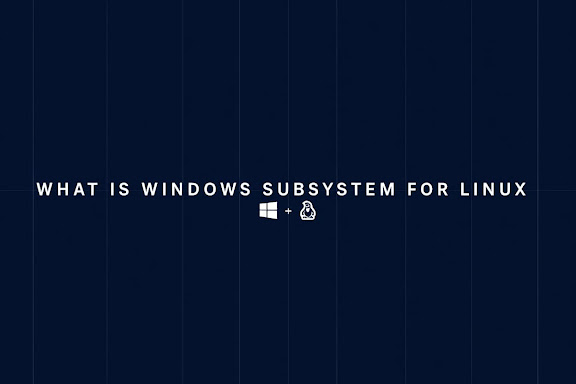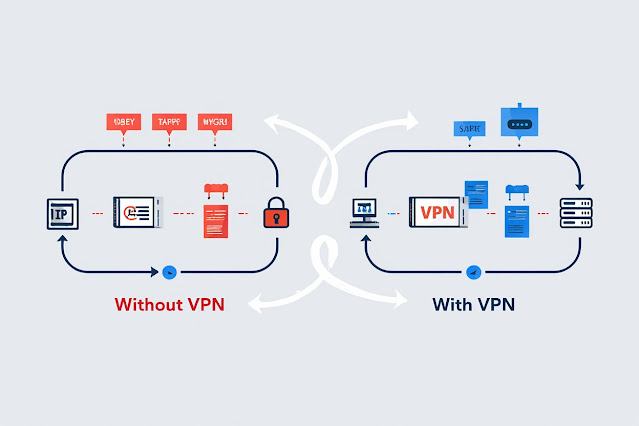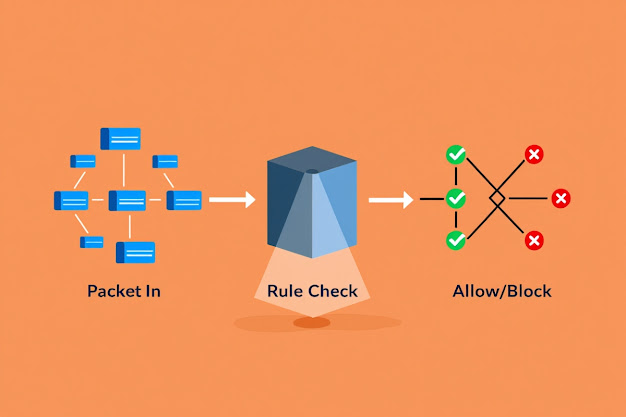What Is Windows Subsystem for Linux? Run Linux on Windows Without Dual Booting 🐧💻
Ever wished you could run Linux commands or use open-source developer tools without leaving your Windows environment?
Thanks to Windows Subsystem for Linux (WSL), that dream is now a reality—no dual-booting, no virtual machines, no headaches.
If you're a developer, sysadmin, or just Linux-curious, WSL could seriously upgrade your workflow.
🧠 What Is Windows Subsystem for Linux?
Windows Subsystem for Linux (WSL) is a feature in Windows 10 and 11 that lets you run a Linux environment natively—right inside Windows.
That means you can:
-
Run Linux terminal commands (like
bash,apt,grep, etc.) -
Access Linux file systems
-
Install packages via
aptordnf -
Use tools like Git, Python, Node.js, Docker, and more
-
Interact between Windows and Linux file systems seamlessly
No rebooting. No virtual machines. Just type and go.
🛠️ What Can You Do With WSL?
Here are just a few powerful use cases:
-
🧑💻 Web development with Node, Ruby, or PHP
-
🐍 Python scripting with Linux-native tools
-
🐳 Docker + Kubernetes workflows (especially with WSL 2)
-
📁 Edit Linux files from VS Code in Windows
-
⚙️ Automate dev environments using shell scripts
WSL gives you the best of both worlds: the productivity of Windows + the flexibility of Linux.
⚙️ WSL 1 vs WSL 2: What’s the Difference?
-
WSL 1: Translates Linux system calls to Windows in real time. Lightweight and fast for simple tasks.
-
WSL 2: Full Linux kernel in a lightweight VM. Better performance, full system compatibility, supports Docker.
If you're doing anything beyond basic CLI usage, WSL 2 is the way to go.
🚀 How to Install WSL (It’s Easy!)
Just run this in PowerShell (Admin):
Windows will automatically:
-
Enable required features
-
Download the latest Linux kernel
-
Install Ubuntu (default)
-
Set up the WSL 2 backend
You can then install other distros like Debian, Kali Linux, or Fedora from the Microsoft Store.
📁 Windows + Linux: Shared, Not Separate
With WSL, you can:
-
Access Linux files at:
\\wsl$\<distro-name>\ -
Access Windows files from Linux at
/mnt/c/Users/YourName/... -
Copy-paste files between systems
-
Even launch Windows apps from within the Linux terminal (and vice versa)
It’s not just compatibility—it’s true integration.
🔐 Is It Safe?
Yes. WSL runs isolated from your core system, and you control what packages get installed. It’s much more secure than dual-booting or random VM setups.
But like any Linux system, you should still be cautious with root access and sudo commands.
🧭 Final Thoughts
So, what is Windows Subsystem for Linux really?
It’s not just a developer tool—it’s a bridge between two powerful worlds.
Whether you're building web apps, testing code, managing servers, or learning Linux for the first time, WSL gives you everything you need—without ever leaving Windows.
👉 For a complete breakdown of features, setup, and use cases, check out this detailed guide to WSL on Softbuzz
👉 And if you're hungry for more Windows development tips, tools, and tutorials, don’t miss what’s new on Softbuzz.net



Nhận xét
Đăng nhận xét